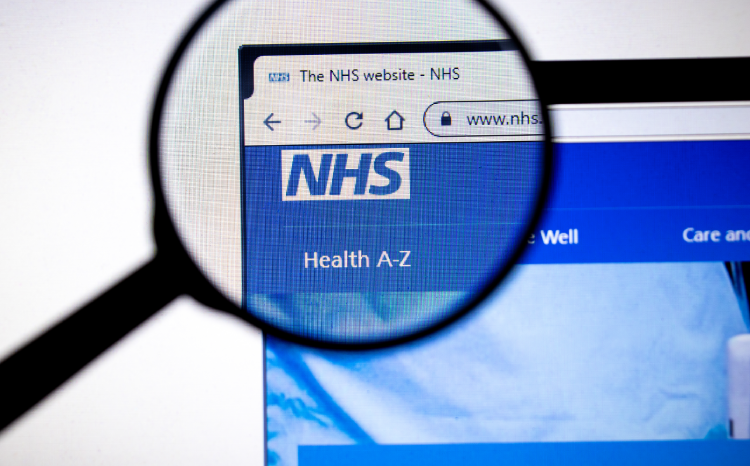Digital Health Coffee Time Briefing 
- 19 January 2024

Your morning summary of digital health news, information and events to know about if you want to be “in the know”.
???? News
???? The NHS is encouraging retired doctors to return to the health service to help bring down long waits for elective care, making it easier and more flexible for staff to return to the NHS as part of the Long Term Workforce Plan. The NHS Emeritus pilot scheme will initially run for a year across England and help to bring down waits for elective care, but if successful has the potential to be expanded to cover other work areas. A cloud-based platform has been developed which links recently-retired consultants – who still hold a licence to practice – with secondary care providers who need additional help with their waiting lists. Providers upload the activity they would like supported, which could range from outpatient appointments, specialist advice requests and education and training support.
???? A team of researchers from UCLA and UC Irvine have created a unique repository of electronic health record data and high-fidelity physiological waveform data from tens of thousands of surgeries that will integrate AI to improve patient outcomes. All data in the repository, called the Medical Informatics Operating Room Vitals and Events Repository, has been stripped of patient identifiers in accordance with patient privacy laws. It can be downloaded here.

????
???????? Aptar Digital Health, a global supplier of software as a medical device, digital Patient Support Programs and disease management solutions, today announced a collaboration with Moffitt Cancer Center, a leading US cancer care and research institution, to conduct a clinical evaluation of Oleena, Aptar Digital Health’s digital therapeutic for the management of symptoms in cancer care. The clinical evaluation will begin in February 2024 and run for a total period of 15 months. It will primarily assess the usability of Oleena by measuring key indicators such as patient satisfaction and engagement, as well as clinical outcomes including symptom burden, anti-cancer treatment adherence and quality of life.

An NHS webpage offering advice on prostate enlargement saw more than 11 times the number of visitors following King Charles’s diagnosis. Analysis by NHS England, which runs the NHS website, found visits to the prostate enlargement page jumped to one visit every five seconds as news of the King’s health condition was announced this week. On Wednesday, the day of the Palace announcement, the page received 16,410 visits compared with 1,414 visits on Tuesday – a 1061% increase.
???? What we’re reading
The jobs we do, the places we live and the money in our pockets all influence our health. Health care also contributes, but unpacking the extent of its contribution can be challenging. For instance, the soundbite that the NHS only contributes 10–20% to our health and wellbeing has gained currency and helped to emphasise the key role of the building blocks of health alongside health care. But where does this statistic come from and what does it really mean, askes Holly Krelle in this blog from the Health Foundation?




